It is estimated that up to 1% of cats will develop feline diabetes in their lifetime according to the Cornell Feline Health Center. My sweet boy Chester was one of them. There are treatments available, and living with feline diabetes is not as much of a challenge as you may think.
What Is Feline Diabetes?
Feline diabetes in cats is typically type II, where glucose levels are elevated because their bodies are not responding properly to insulin. Energy for the body comes when insulin helps the glucose get absorbed in the body in order to turn it into energy.
This post may contain affiliate links at no additional cost to you. By making your purchases through the links on this website HIGP may make a small percentage at no direct cost to you. HIGP only promotes products we use & truly believe in. As an Amazon Associate I earn from qualifying purchases. Please refer to my Privacy and Disclosures for further information. HIGP thanks you for your support!
My Experience
Chester was always an overweight cat. I wanted a companion for my other cat, Gizmo, and went to a PetSmart adoption event to see if I could find a new kitten. There were so many cats and kittens but my heart really went out to the little skinny, dirty, smelly one! His whiskers and claws were broken off, he had dirt encrusted in his ears and was skin and bones.
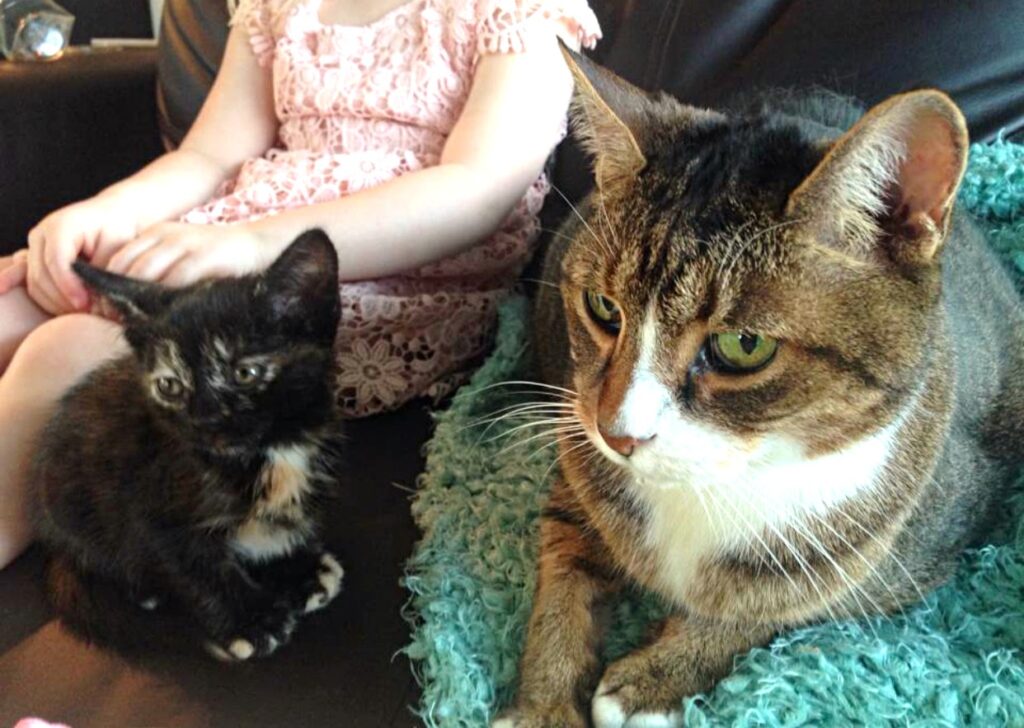
As soon as I got Chester home my number one priority was getting some food into him (not far behind was a bath!). I gave him some wet and some dry and he GORGED himself to the point that his belly was sticking out on either side of his body and he was wiggling to walk around it!
The tone was set right from that first moment. Chester was an eater. A very avid eater! Every morning I would measure out the dry food for them. Grazing on the dry food over the course of the day, they also got some wet food in both the morning and at supper time. He never seemed to be quite as interested in the wet food as Gizmo was but somehow he still had that giant tummy!
People food was a big part of his downfall. I figure that he was eating out of trash and getting a lot of fast food. That was always what he would scream for and try to steal! McDonald’s fries and chicken nuggets in particular were favorites!

Noticing Something Wrong
There was one night that I noticed that Chester seemed very tired and listless. His eyes were dull. I bent down to give him a scratch. Noticing that his spine was sticking out really far and that he had lost a significant amount of weight (just none of it off his belly) I worried.
Knowing right at that point that something was seriously wrong with him I called the vet. He had an appointment for the next morning. I sat on the floor with him for the rest of the night, holding him and crying into his fur.

Symptoms of Feline Diabetes
In addition to a lack of energy and weight loss, other symptoms to keep an eye out for include loss of appetite, vomiting, dehydration, and problems with motor function. There could also be a noticeable increase of water intake and more frequent urination. I wasn’t aware as my ex was on kitty litter duty at the time, but apparently his pees were filling the entire litter box.
At the vet the next day they took blood samples and gave him some fluids as he was dehydrated. The vet had a strong suspicion that feline diabetes was the cause. They were doing some tests on his blood to measure the sugar levels.
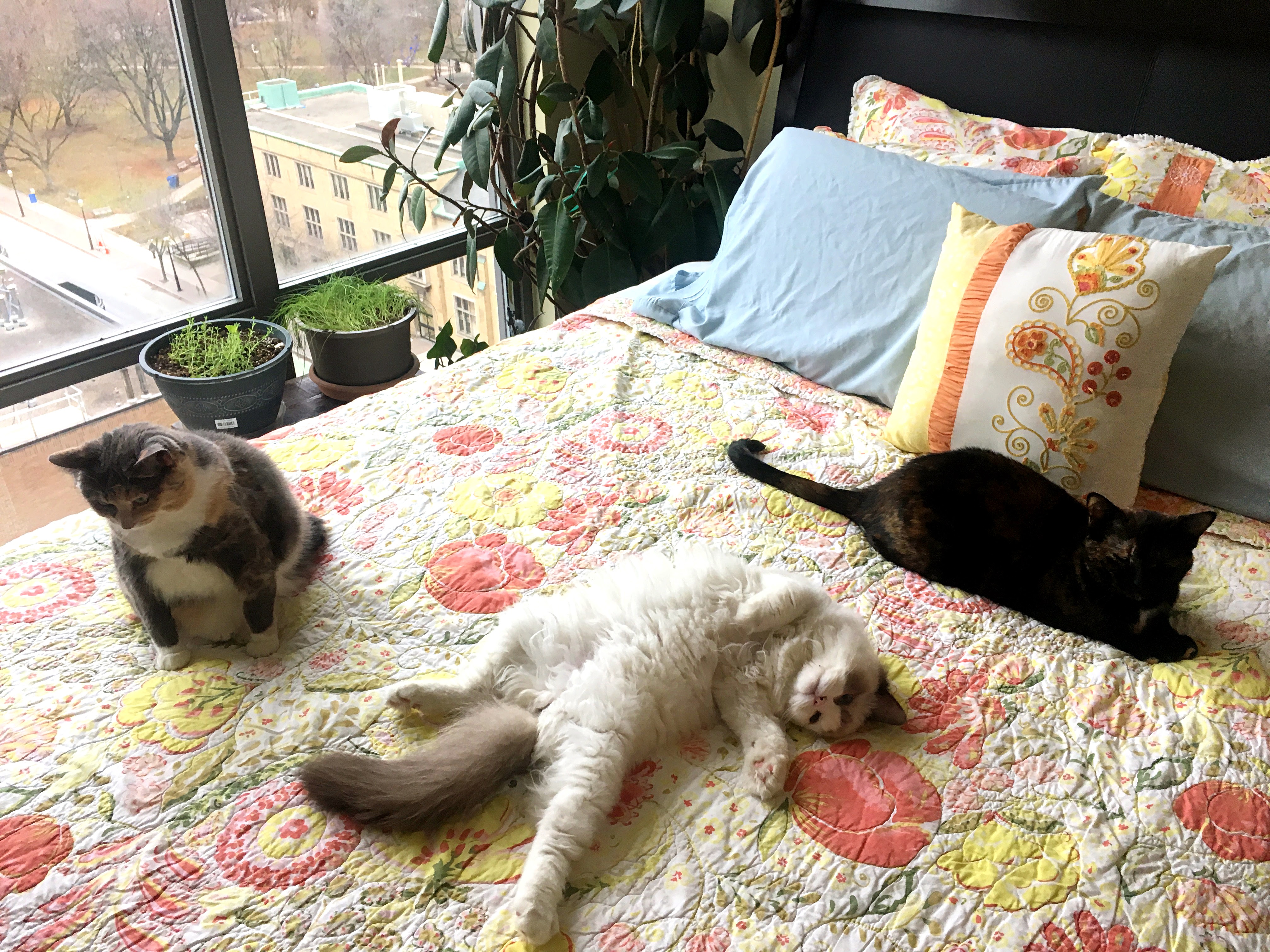
They ended up needing to do several blood tests over the next few days to get an accurate idea of what his sugars were looking like and how to best treat it. The need for several tests is because cats can also produce glucose in situations of stress. A lab test for fructosamine concentrations can also be done. It will give a picture of the average blood glucose concentration over the past two weeks.
Treatment of Feline Diabetes
When I found out I was going to need to give him insulin shots twice a day, I won’t lie…I was freaked right out! It needed to be injected as oral medication for feline diabetes hasn’t been shown to be consistently effective. The vet explained to me how to administer it but didn’t actually demonstrate it. I went home with a vial of insulin and a box of needles and a LOT of anxiety. Chester was also prescribed some very specific diabetic food that he was going to need to eat from now on.
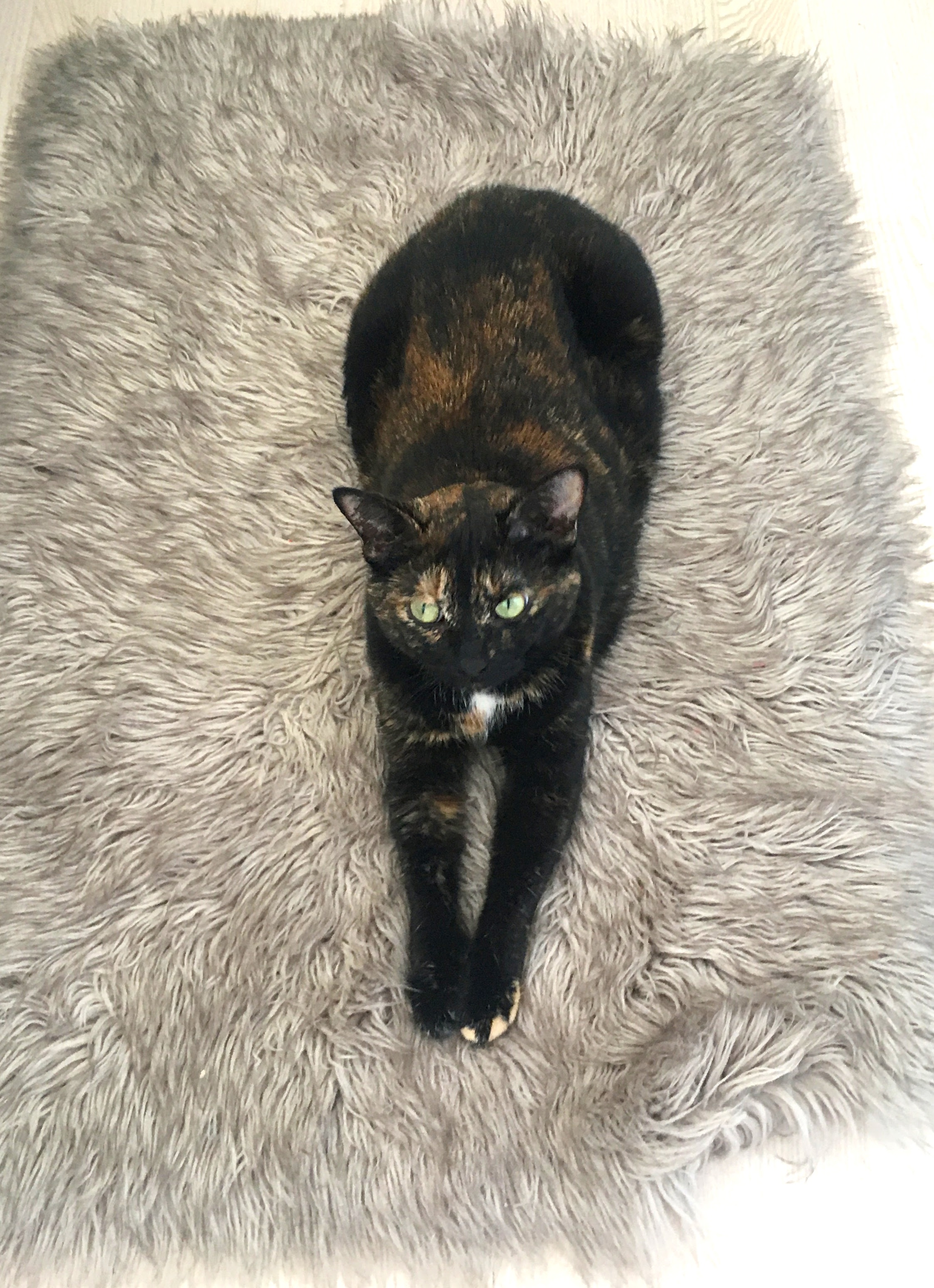
That first shot was the WORST. I was shaking as I lifted the scruff of his neck up and prepared to give him a poke. Really, really hoping I wouldn’t end up messing it up or hurting him somehow. I definitely underestimated the amount of pressure I needed to put on the syringe and it took a couple of tries and lots of reassurance (both to Chester and myself!).
But I finally did it! Chester barely made a fuss! I was going to be able to do this! Chester would get better! And the needles used in the syringes are so small that the cats end up barely noticing that something is going on.
Special Diet
The food represented another problem…He now required a very special diet low in carbs. There are wet and dry options available. Seeing as how I had another cat and did not want the food mixing up I ended up getting wet so I could control what and when he was eating it. But how to keep him out of Gizmo’s food???
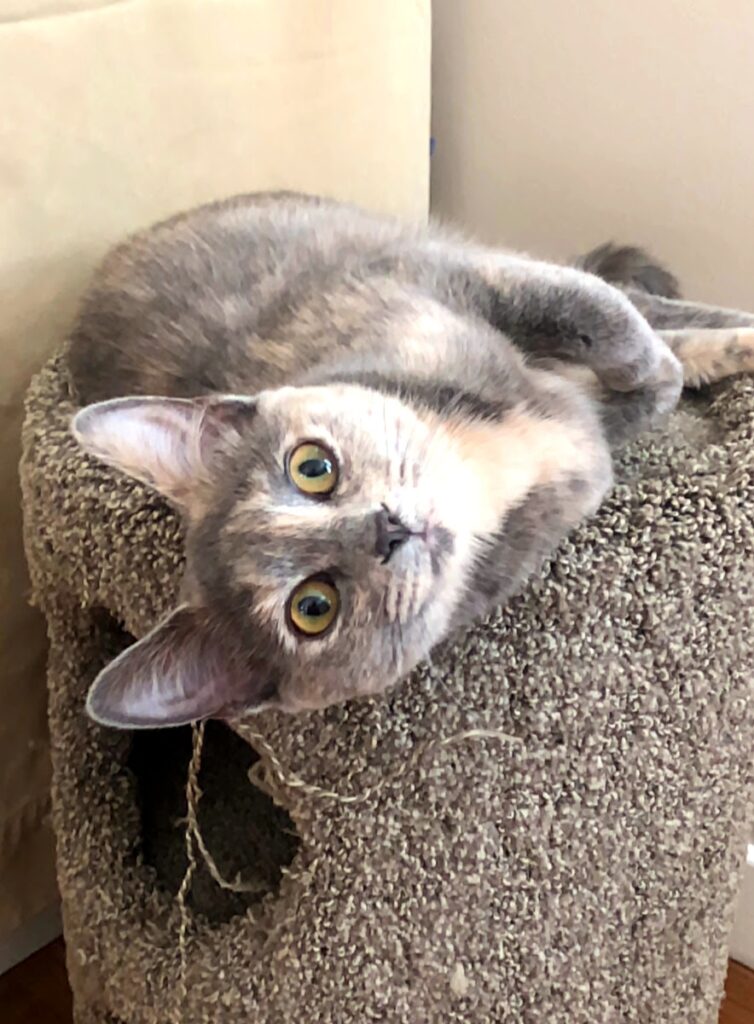
For whatever reason, Chester never realized that he could jump more than a foot off the ground…I found the solution by feeding Gizmo up on the counter and Chester got his food on the floor. I did not like the idea of cat food on the counter all the time. Or Giz prowling the countertops but this was the only way I could seem to think to keep the food separated!
Chester went back and forth to the vet many times in the next few weeks to figure out how effective his treatment was. When we finally got his blood sugar levels back into the normal range I was incredibly happy and relieved!!
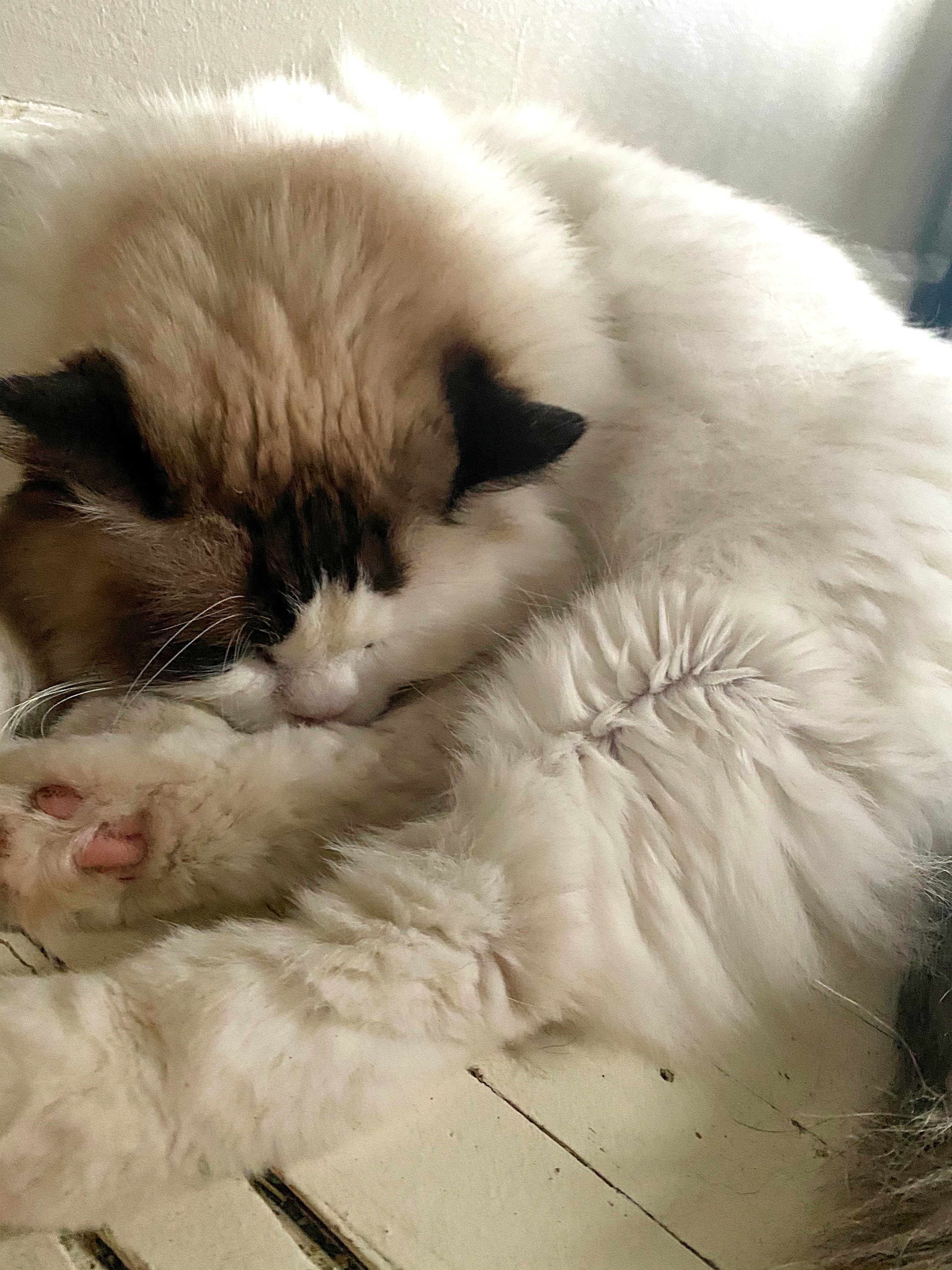
Managing Feline Diabetes
Then it hit me like a bag of bricks. This was forever. This was the rest of his life! Chester needed insulin shots twice a day. All of a sudden vacations got tricky. One thing I love about cats is their independence and that you can leave them alone for short periods of time. Not anymore…This little guy needed me more than ever, and I needed to be there for him. Some people might give up a diabetic cat due to the work required but that is NOT me. When I bring an animal into my house, it is forever for better or worse.
There was a lot of reluctance from my ex in teaching him to administer the insulin if I wasn’t home to do it. But after you do it a few times it ends up becoming pretty second nature. I chose to do it when Chester was eating his wet food as he was distracted and I did not need to chase him down and hold him.

When I moved into my condo and got divorced, Chester and Gizmo came with me. Being on my own represented a new challenge with Chester. I made sure that he got his shots and food on time. Then summer came and I was hoping to get home to Saskatchewan…But what was I going to do with Chester?? In previous summers I would have someone check in periodically to make sure all was ok and for some fresh food, water and pets. But what now?!?
Pet Sitting – A New Challenge
Making some phone calls, I found that there are some pet sitting services that will administer shots. I also had found a mobile vet who was willing to do it for me. But a good friend of mine who lived coincidentally in the same condo building actually VOLUNTEERED to do it for me! He had never given a cat a needle before and I was touched that he was willing to learn and do it for two weeks so I could go home to see my family. Friends like that are hard to find.
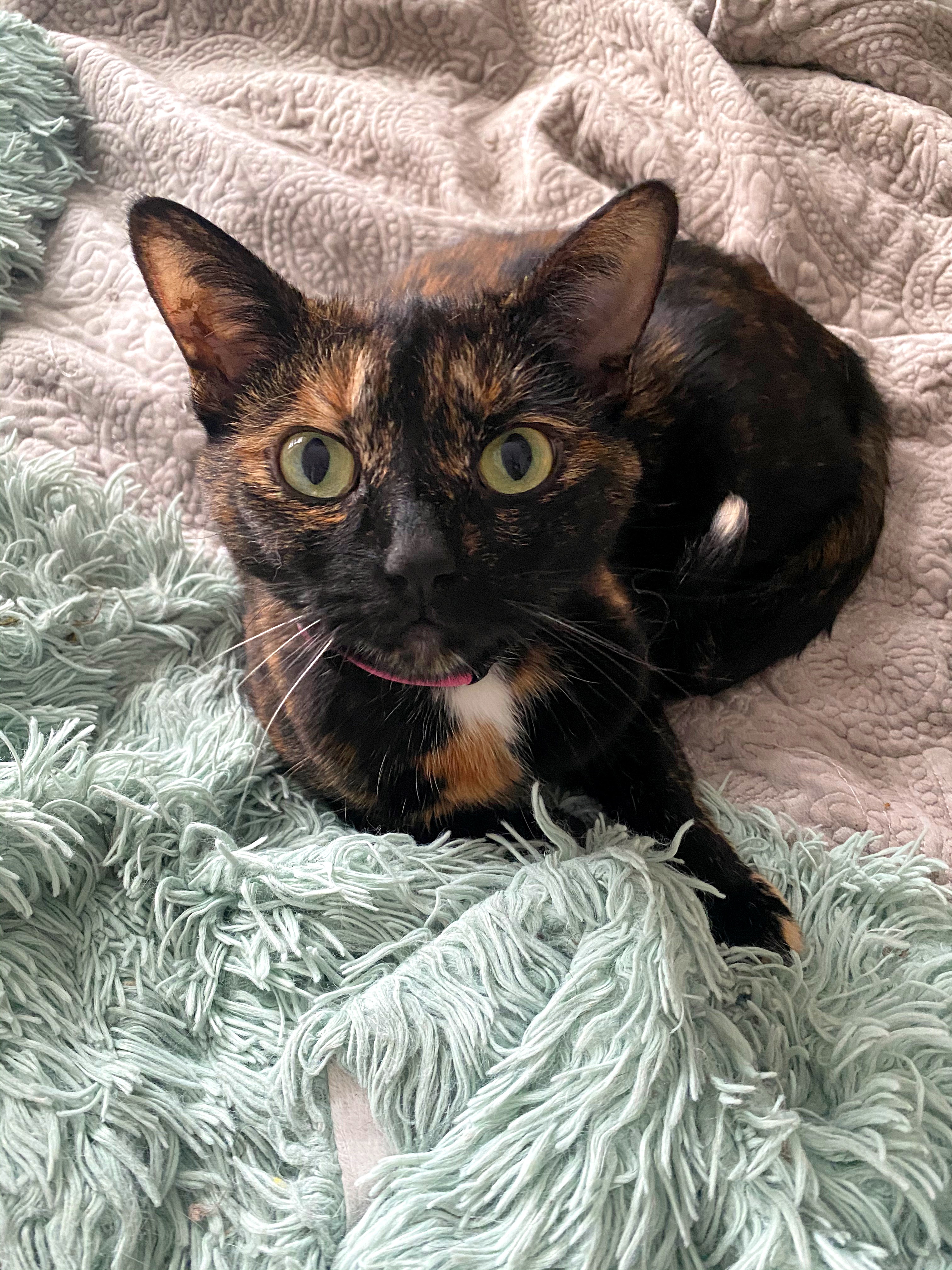
Unfortunately my Chester Cheetah went over the rainbow bridge before I had to leave him alone next. I am currently owned by three beautiful cats, two females and one male. I am always keeping an eye on them and the diabetes experience is never far from my mind when I am checking them over.
Risk Factors
Risk factors for developing feline diabetes includes obesity, being a male cat, and use of some medication (i.e. steroids for treatment of asthma). Obesity can lead to up to a FOUR TIMES higher chance of developing feline diabetes…FOUR TIMES!!! I keep a very close eye on the weight of my cats for this very reason.
Feline diabetes is very manageable if your cat is diagnosed with it. Chester lived for years after he developed it and was a very happy cat in that time. Yes, it takes more work and you need to be diligent with your treatment but there is no reason that your cat can’t live a good and happy life for more years to come!
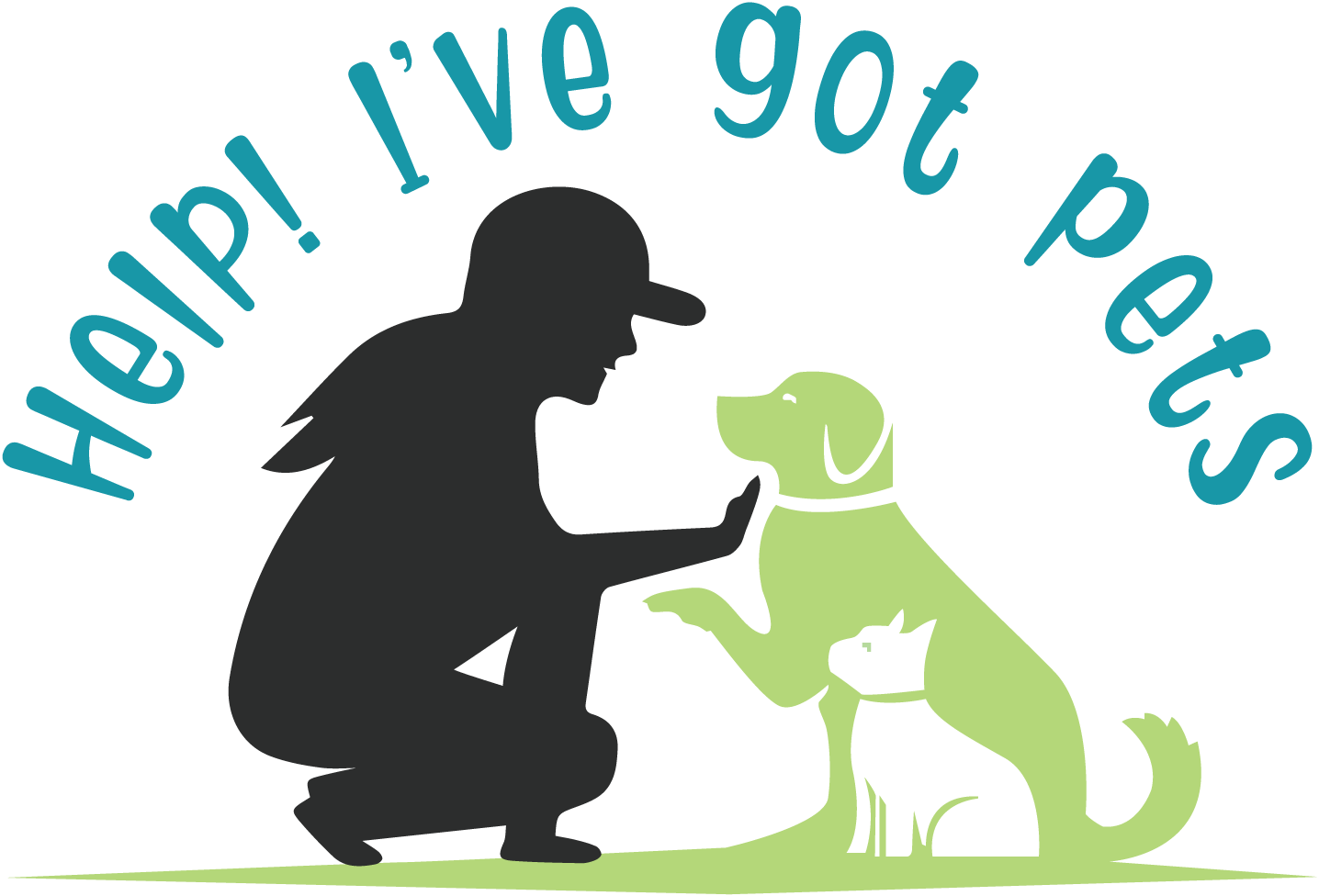
18 comments
What a good cat mother you are! I don’t have cats anymore but your description of what signs to look for will be very helpful to those who are owned by cats.
I get concerned about diabetes with my one guy because he’s overweight. Now I know what to look out for and how to help. You’re such a good cat mom 🖤
While we do not have pets, this is a very informative post for those that do!
Awww, your kitty pics are so, so adorable! I love cats. The name of your blog is hilarious. I’d love to have a cat or two (used to have ~ 20 barn cats at one point!), but it’s just not practical for a traveler. Thanks for being a caring and attentive cat mom.
Thanks for sharing all the symptoms of feline diabetes too. It’s helpful to know what to look out for. You are such a good cat mommy!
You gave lots of good information!! Now I know what to look for. Your cats are so cute too!!
Such beautiful cats! We have two rescue cats so this is good to know what to look out for. I think I would also have a hard time at first giving the shot.
I have never thought about cats having diabetes! Thanks for sharing your tips
What an interesting story! I can only imagine how nerve wracking it was to learn to give your kitty shots. This was really fascinating to read and learn about.
I’m sorry for your loss. Taking care of sick pets can be draining. Good for you for taking care of your baby until the end.
Pets/animals are family, and this is definitely one of the harder things to deal with, sick family.
Thanks for this information about feline diabetes. It’s good to know the signs to watch for. We have two kitties to look out for.
Wow I had no idea! Thanks for this info!
Is so important to remember the health of our animals! Thanks for the great information on feline diabetes, it’s so important to know the signs so it can be treated.
Our pets are family and this was good to help our feline babies.
Thanks for sharing your story! I have three cats, one of them male, and so far they’ve been very healthy. Good to know that I should watch their weight.
[…] As much as it shouldn’t surprise anyone, there are a whole host of health problems that can come with an obese cat. The development of diabetes is one of them. After Chester developed diabetes it led to a total change in routine and food, and included insulin shots twice a day. Which may have been avoided had I paid closer attention to his weight issue over the years. You can read more on feline diabetes HERE. […]
[…] Does the pet sitter you are considering have the appropriate experience with your animals? Cats generally are easier than dogs since they are pretty much self-sufficient once their basic needs are met. They may have some attention and grooming requirements. If they have medication requirements, you may need a pet sitter who is experienced in administering medications including pills, drops and injections (i.e. for diabetic cats requiring insulin – you can read more on feline diabetes HERE). […]